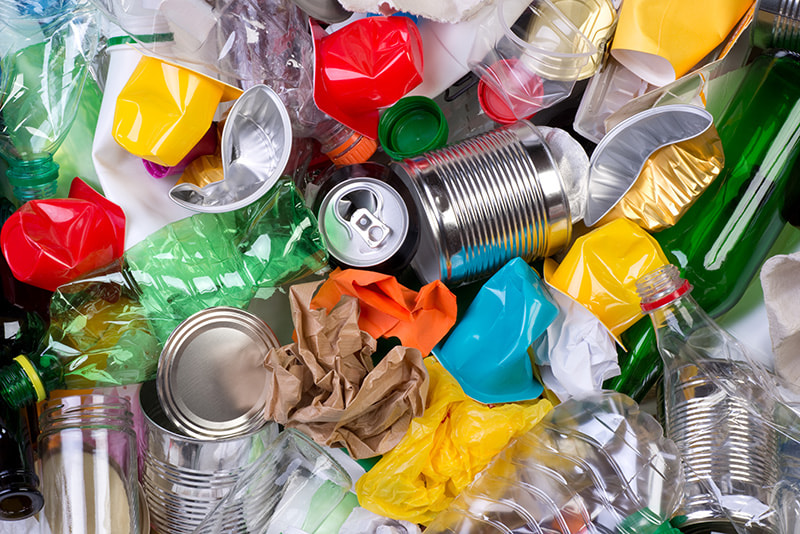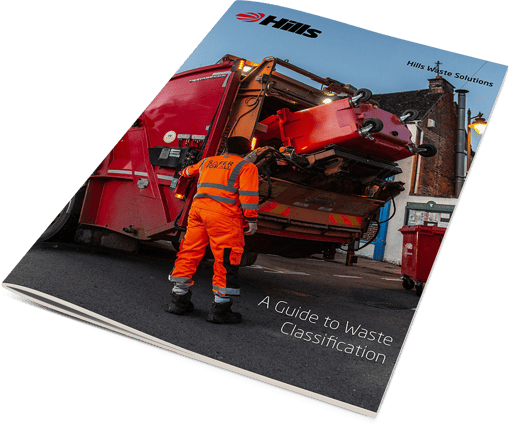
Dry mixed recycling
Running a busy business? Let us do the sorting
CREATE YOUR ONLINE QUOTE NOW
Switch to Hills Waste Solutions in under 10 minutes
- 97% service reliability
- 4,000 businesses in our community
Hassle-free dry mixed recycling for your business
Running a busy business? Let us handle the sorting with our hassle-free Dry Mixed Recycling (DMR) service. As recycling becomes an increasingly important concern, managing recyclable waste can take up valuable time and resources. With the introduction of Simpler Recycling legislation, businesses are now encouraged to streamline their recycling processes to minimise landfill waste. With our DMR service, you can easily recycle waste reducing the need for multiple bins. Simply put all your mixed recycling, including paper, plastic, cardboard, and metal cans, into one bin, and let us take care of the sorting while you focus on running your business.
Our Dry Mixed Recycling bins are available in a range of sizes to suit your needs and our heavy duty bags are ideal for businesses with limited space or those generating smaller quantities of recyclable waste. We serve thousands of businesses across the West Country and surrounding counties, so chances are we’re already collecting recyclable waste in your area.
Locations served
- Amesbury
- Andover
- Bath
- Bristol
- Cirencester
- Chippenham
- Devizes
- Faringdon
- Frome
- Malmesbury
- Marlborough
- Newbury
- Portishead
- Salisbury
- Shaftesbury
- Swindon
- Trowbridge
- Tidworth
- Warminster
- Weston-Super-Mare
- Yate
What Is Classified
as Dry Mixed Recycling?
It’s essential to use the correct bins for different types of waste to ensure maximum recovery and recycling. Dry Mixed Recycling, also known as general recycling (but not general waste), DMR, co-mingled, or MDR recycling, includes the following:
- Cardboard and Paper – including office paper, trade magazines, envelopes, and wrapping paper
- Food and drink cans, including aerosol cans (after being emptied)
- Pots, tubs, and trays – like yoghourt pots and clean food containers
- Plastic bottles – such as milk bottles and clear drinks bottles
Suitable containers
What we do with it
Your recycling is sorted at our materials recycling facility
It’s then baled for further processing
Sent to environmentally checked re-processing plants
Used to create new products in the UK
Frequently asked questions
-
What is not included in dry mixed recycling?
Dry Mixed Recycling does not include any of the following:
- Black bag waste
- Shredded paper
- Coated papers (plastic, wax coating)
- Tissue papers and hand towels
- Food contaminated materials
- Plastic wrapped materials
- Carrier bags
- Paint tins with residues
- Cardboard cores
If you are looking to dispose of any of these materials, please contact our Customer Support Team on 0808 145 4533 (08.30 - 17.00 – Monday to Friday) and we will help you choose the right container.
-
How is dry mixed recycling disposed of?
Dry mixed recycling is collected and taken to a material recovery facility. Here, experienced operatives and technology combine to mechanically and hand sort the waste by material, segregating cardboard, paper, plastic bottles, aluminium cans and more for recycling. Each waste type is then baled and sent for re-processing, ready to be turned into new products. Any residual non-recyclable waste is diverted so that it can be processed to provide renewable energy.
-
What Is the difference between dry and mixed waste?
Dry waste refers to generally non-biodegradable products such as wood, paper, and metal. Mixed waste, often involving biodegradable, organic waste like food waste, eggshells, and coffee grounds, has a higher water content and needs different disposal methods.
-
Can glass be thrown in dry mixed recycling?
For safety reasons, we do not allow glass waste to be placed within Dry Mixed Recycling bins. Instead, it should be disposed of in specialist glass recycling bins, which can be found here: Glass Waste Services.
-
How is Dry Mixed Waste separated?
Once your Dry Mixed Recycling is collected, it is taken to a Materials Recycling Facility (MRF). There, the waste is emptied onto a conveyor belt through a bag-splitter and moved for pre-sort inspection. Our team checks the waste to ensure no non-recyclable materials are present, as these can slow the process or damage machinery.
The waste then passes through a series of screens and filters to sort smaller and lighter materials like paper and cardboard. Further sorting uses light and sensors to analyse and separate materials. Metal waste is sorted through a magnetic belt that separates aluminium items from non-magnetic metals. After a final review by staff to ensure proper sorting, the separated waste is baled and sent to relevant specialists for recycling.
By choosing our Dry Mixed Recycling services, you ensure that your recyclable waste is handled efficiently and sustainably, helping your business stay compliant and environmentally responsible.
Download our Waste Classification Guide
We’re here to make your life easy, so why not download our full Waste Classification Guide including detailed lists of what can and can’t be accepted for all our waste services.

.png)
.png)